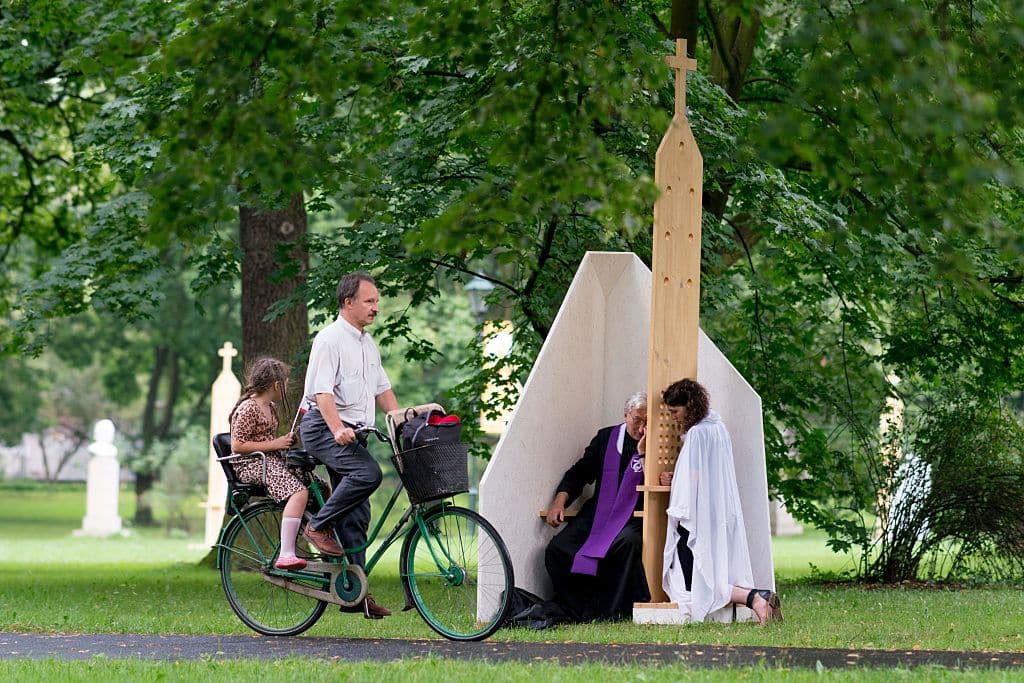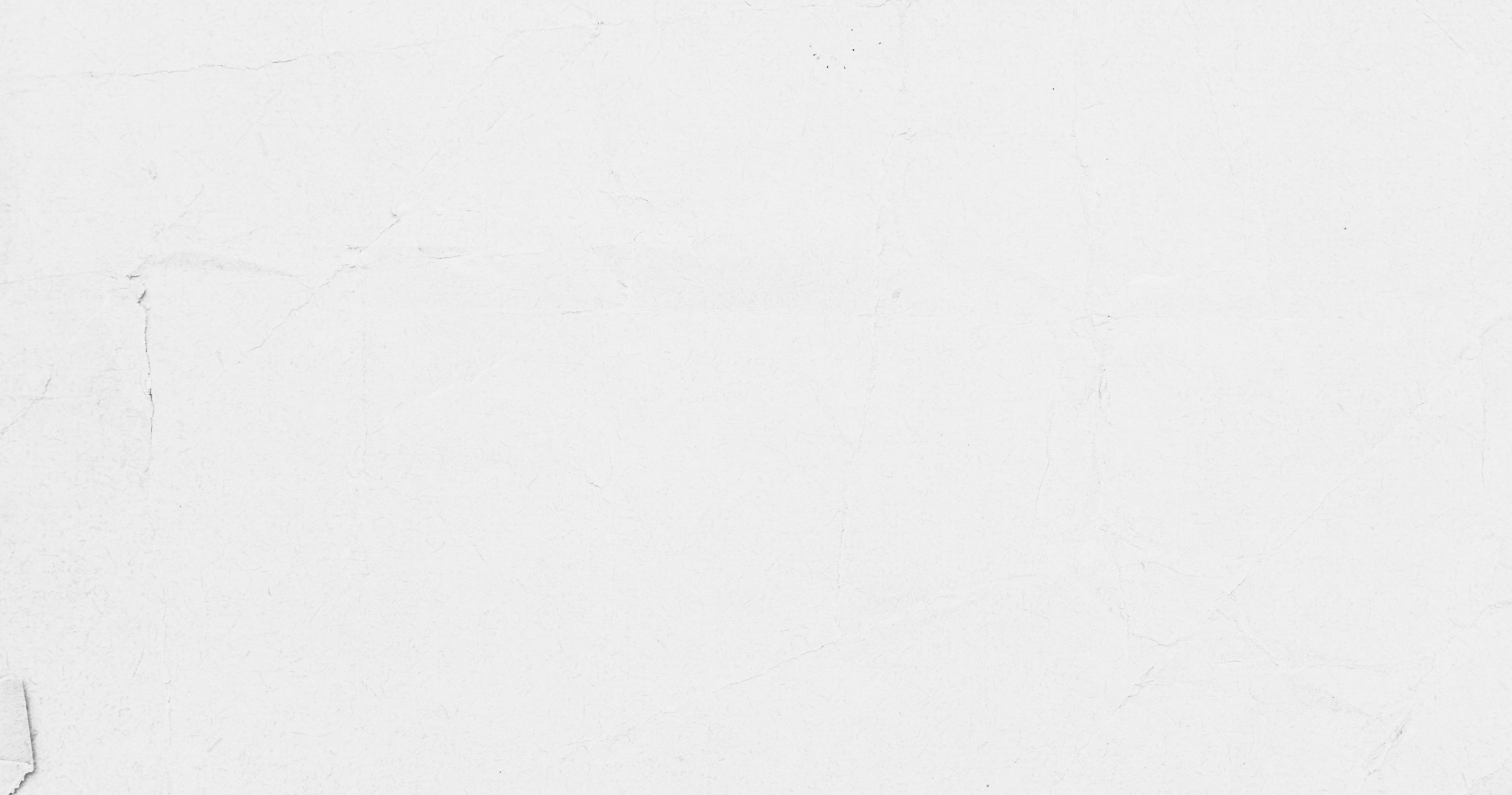The Polish Parliament looks set to debate a proposal to ban the Sacrament of Confession for those under 18 years of age.
The move follows the submission of a <a href="https://secure.avaaz.org/campaign/pl/child_confession_11/"><mark style="background-color:rgba(0, 0, 0, 0)" class="has-inline-color has-vivid-cyan-blue-color">petition</mark></a> to the Sejm, Poland’s lower House of Parliament, in October 2024. The petition has gathered around 13,000 signatures. A similar petition was presented to the Polish Parliament in 2023, but it was rejected because it did not meet the necessary conditions for admission, <a href="https://www.intoleranceagainstchristians.eu/index.php?id=12&case=9279"><mark style="background-color:rgba(0, 0, 0, 0)" class="has-inline-color has-vivid-cyan-blue-color">reports</mark></a> the Observatory on Intolerance and Discrimination against Christians in Europe (OIDAC Europe). The latest petition attempt "met the formal requirements", it adds.
OIDAC Europe notes that the petition describes the Catholic Sacrament of Reconciliation as a "traumatic event" that "prematurely confronts minors with the concepts of good and evil". The petition also accuses priests of lacking the psychological training to administer the sacrament to children.
The attempt to impose State regulations on Church practices, in a country where 72 per cent of the 38 million population is Catholic, revives dark memories for a nation that last year celebrated 35 years of freedom from communist rule.
Archbishop Stanisław Gądecki of Poznań <a href="https://misyjne.pl/abp-stanislaw-gadecki-zakaz-spowiadania-dzieci-to-zupelny-nonsens/"><mark style="background-color:rgba(0, 0, 0, 0)" class="has-inline-color has-vivid-cyan-blue-color">compared</mark></a> the petition's proposal to Soviet-era repression, recalling that under the communist regime, "it was also said that children should not be baptised or go to church until they are 18 years old".
He added: "Only then can they come and confess – those who can withstand the anticlerical pressure, of course. These are old communist moves, supported by dubious psychology."
Poland's former communist regime also sought to undermine the Church by banning religious education in schools, rewriting Poland's Catholic history, and suppressing youth organisations like Caritas, which were either shut down or replaced with state-controlled alternatives. Young people who received the sacraments were deliberately marginalised in schools and denied opportunities.
However, despite decades of oppression, communism ultimately failed to eliminate Catholicism from Polish society. Figures such as Cardinal Stefan Wyszyński and Pope John Paul II played a crucial role in leading the Church out of repression (as well as a crucial role in helping bring an end to communist rule in Eastern Europe). By the 1990s, Catholicism was flourishing in Poland, with 99 per cent of children receiving Baptism and 93 per cent of marriages taking place in the Church.
Despite ongoing Western secularisation, Poland remains deeply Catholic. In the 2021-22 school year, 82 per cent of students attended Church-run religion classes, and in 2021 more than 331,000 First Holy Communions took place. Under the proposed legislation, these would also be restricted, as sacramental Confession is a requirement before receiving First Communion.
The petition has received little public support and is unlikely to become law, OIDAC Europe notes. Any potential legislation would also likely face legal challenges on the grounds of religious freedom, which is protected under both Polish and EU law.
Political support for the ban is also lacking. Poland’s Deputy Prime Minister, Władysław Kosiniak-Kamysz, <a href="https://www.fakt.pl/polityka/zakaz-spowiedzi-dla-dzieci-wladyslaw-kosiniak-kamysz-skrytykowal-inicjatywe/fpbzm2r"><mark style="background-color:rgba(0, 0, 0, 0)" class="has-inline-color has-vivid-cyan-blue-color">dismissed</mark></a> the proposal, stating: "Of course I do not support it. Poland is a country where there is religious freedom, and it is up to parents to decide how they raise their children. This goes against the constitution, common sense and our culture."
However, Joanna Racewicz, a Polish journalist and media personality, has publicly backed the petition. In a lengthy <em>Instagram</em> post, she expressed support for restricting Confession being available to children, <a href="https://www.instagram.com/p/DA8yyPWAMpg/?hl=en"><mark style="background-color:rgba(0, 0, 0, 0)" class="has-inline-color has-vivid-cyan-blue-color">writing</mark></a>: "I do not call for disbelief in God. I only ask for caution towards His ground staff."
The petition was submitted to the Sejm’s Petitions Committee in November 2024. According to parliamentary procedures, the committee has three months from the submission date to consider the proposal.
Despite the likelihood that the petition will only attain symbolic value, if that, OIDAC Europe warns that this initiative reveals "a clear bias against and negative stereotyping of Catholics", citing as evidence the petition's stated aim to "protect minors" from what is described as "an experience of humiliation and fear, a traumatic, disgusting event that children do not want and from which they cannot defend themselves".
<em>Photo: A priest listens to a Confession on the first day of World Youth Day in Krakow, Poland, 26 July 2016. World Youth Day, an annual event run by the Catholic Church with a focus on youth, was initiated by Pope John Paul II in 1985. (Photo credit JOE KLAMAR/AFP via Getty Images.)</em>


